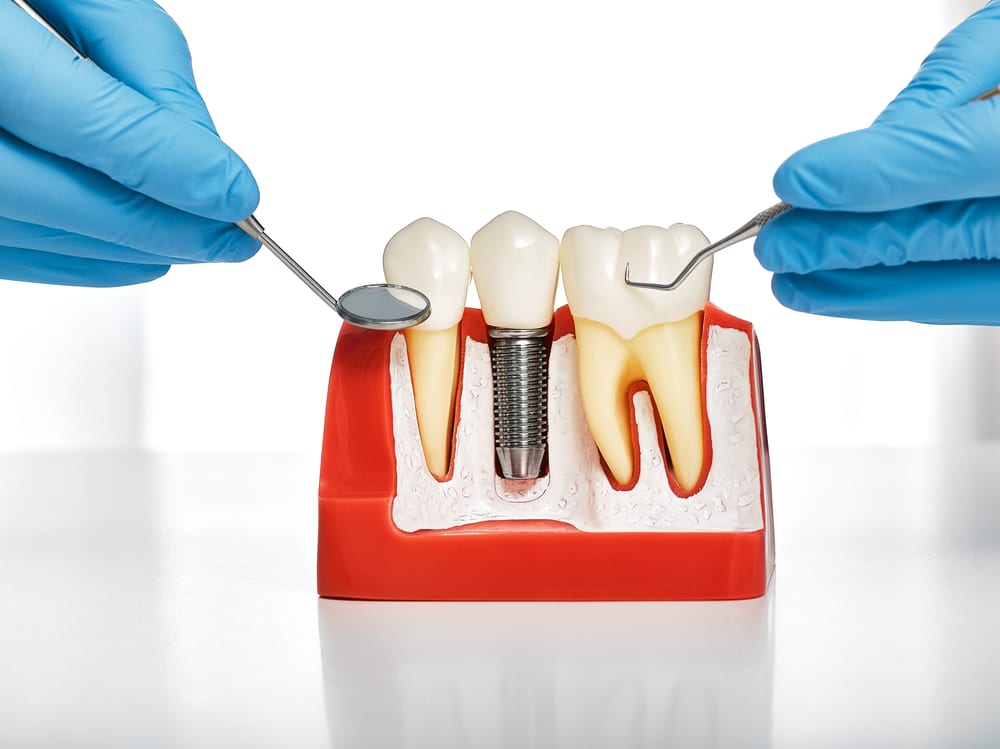If you’re like most people, you probably think of cosmetic dentistry as a way to fix crooked teeth or to whiten your smile. And while those are certainly some of the benefits of cosmetic dentistry, there are many more reasons to consider it. Here are eight of the top benefits of cosmetic dentistry:
Improve Your Smile
This is probably the most obvious benefit of cosmetic dentistry, but it’s worth mentioning nonetheless. If you’re unhappy with your smile, cosmetic dentistry can give you the results you’re looking for. Whether you want to straighten crooked teeth or whiten stained teeth, there are procedures to help. And the results can be dramatic.
Cosmetic dentistry can also help you look younger. If your teeth are stained or yellowed, they can make you look older than you are. But if you whiten your teeth or get them straightened, you can take years off your appearance.
If you’re self-conscious about your smile, cosmetic dentistry can give you the confidence you need to show it off. You’ll be surprised how much of a difference a beautiful smile can make in your life.
Boost Your Confidence
If you’re unhappy with your smile, it can hurt your confidence. But when you love your smile, it shows in your demeanor. You’ll be more likely to interact with others and feel good about yourself. So, how do you get to the point where you’re proud of your smile?
There are a few things you can do to improve your smile and make it something you love. First, make sure you’re taking care of your teeth. Brush at least twice a day and floss regularly. This will help keep your teeth healthy and prevent any future problems.
In addition to taking care of your teeth, you can also try whitening them. There are several ways to whiten teeth, so talk to your dentist about what would work best for you. You may also want to consider getting veneers or braces to further improve the look of your smile.
Finally, remember that confidence is key. If you don’t love your smile, fake it until you make it. Eventually, you’ll start to believe it, and your smile will become more genuine. So get out there, and show the world your beautiful smile!
Enhance Your Appearance
Your smile is one of the first things people notice about you, so it’s important to make sure it looks its best. Cosmetic dentistry can help you achieve the look you want, whether that means straightening your teeth or brightening your smile.
If you’re considering cosmetic dentistry, the first step is to find a qualified cosmetic dentist. Look for someone who has experience and training in the specific procedure you’re interested in. For example, if you want your teeth whitened, look for a dentist who offers teeth whitening services.
Once you’ve found a qualified cosmetic dentist, schedule a consultation. This is an opportunity for you to ask questions and learn more about the procedure you’re interested in. Be sure to ask about the risks and benefits of the procedure, as well as what to expect during and after treatment.
After your consultation, your cosmetic dentist will develop a treatment plan specifically for you. This plan will take into account your unique needs and goals.
Improve Your Oral Health
While cosmetic dentistry is primarily focused on improving the appearance of your smile, it can also have a positive impact on your oral health. For example, if you have crooked teeth, they may be more difficult to clean properly, which can lead to tooth decay and gum disease. By straightening your teeth, you can improve your oral hygiene and reduce your risk for these problems.
In addition, if you have missing teeth, cosmetic dentistry can help. Dental implants can replace missing teeth and give you a natural-looking smile. Implants are also beneficial for your oral health, because they help to keep your jawbone strong and healthy.
If you are unhappy with the appearance of your smile, don’t hesitate to talk to a cosmetic dentist about your options. There are many ways to improve the way your smile looks, and a skilled cosmetic dentist can help you choose the best option for you. Remember, a beautiful smile is not only good for your self-confidence, it’s also good for your oral health!
Treat Oral Health Problems
In some cases, cosmetic dentistry can also be used to treat oral health problems. For instance, if you have a gummy smile, your dentist may recommend recontouring your gum line to improve the appearance of your smile. And if you have missing teeth, dental implants can provide both aesthetic and functional benefits.
If you’re unhappy with the appearance of your teeth, gums, or bite, cosmetic dentistry can help. Cosmetic dentistry is a branch of dentistry that focuses on improving the aesthetics of your smile.
There are many different types of cosmetic dental procedures, and your dentist can help you choose the right one for you based on your unique needs and goals. Some common procedures include:
-Teeth whitening
-Invisalign
-Dental veneers
-Dental implants
-Tooth recontouring
-Gum reshaping
Save Money in the Long Run
While cosmetic dentistry procedures can be expensive, they can save you money in the long run. For example, if you have crooked teeth, you may be more likely to develop tooth decay or gum disease. By straightening your teeth now, you can avoid these problems down the road and save yourself the cost of treatment.
In addition, cosmetic dentistry can help you avoid social and professional problems that can arise from having an unattractive smile. If you feel self-conscious about your teeth, you may be less likely to smile or laugh, which can make a bad impression on potential employers or dates. By improving your smile with cosmetic dentistry, you can boost your confidence and improve your social life.
Of course, before you decide to undergo any cosmetic dental procedure, it is important to consult with your dentist to make sure it is the right choice for you. Some procedures, such as teeth whitening, are relatively simple and inexpensive, while others, like dental veneers, are more complicated and expensive. Your dentist will be able to advise you on which procedure is right for you based on your individual needs.
Improve Your Overall Health
Your oral health is closely linked to your overall health, so it’s important to take care of your teeth and gums. By getting regular dental checkups and keeping your smile healthy, you can lower your risk for other health problems, such as heart disease and stroke.
Good oral hygiene habits, such as brushing your teeth twice a day and flossing daily, can help prevent tooth decay and gum disease. Eating a balanced diet and limiting sugary snacks and drinks can also help keep your teeth healthy. In addition, regular dental checkups and cleanings are important for keeping your smile looking its best.
If you have any concerns about your oral health, be sure to talk to your dentist. They can help you develop a plan for keeping your teeth and gums healthy.
Get the Results You Want
When you choose cosmetic dentistry, you can be sure you’ll get the results you’re looking for. With today’s technology, dentists can provide amazing results that look natural and beautiful. So if you’re unhappy with your smile, don’t hesitate to talk to your dentist about the possibilities of cosmetic dentistry.
There are many different procedures available under the umbrella of cosmetic dentistry. Some of the most popular include teeth whitening, dental veneers, dental implants, and teeth contouring. Depending on your individual needs and goals, your dentist will be able to recommend the best course of treatment. And with today’s advanced techniques, you can be sure you’ll get the smile you’ve always wanted.
In Summary:
Welcome to Family Dental of Teravista! We are a dental practice located in Georgetown, TX. Our goal is to provide our patients with the highest quality dental care possible. We offer a wide range of services, including general dentistry, cosmetic dentistry, and more. We also offer emergency dental care for those times when you need it most.
Contact us today to schedule an appointment. We look forward to meeting you!















